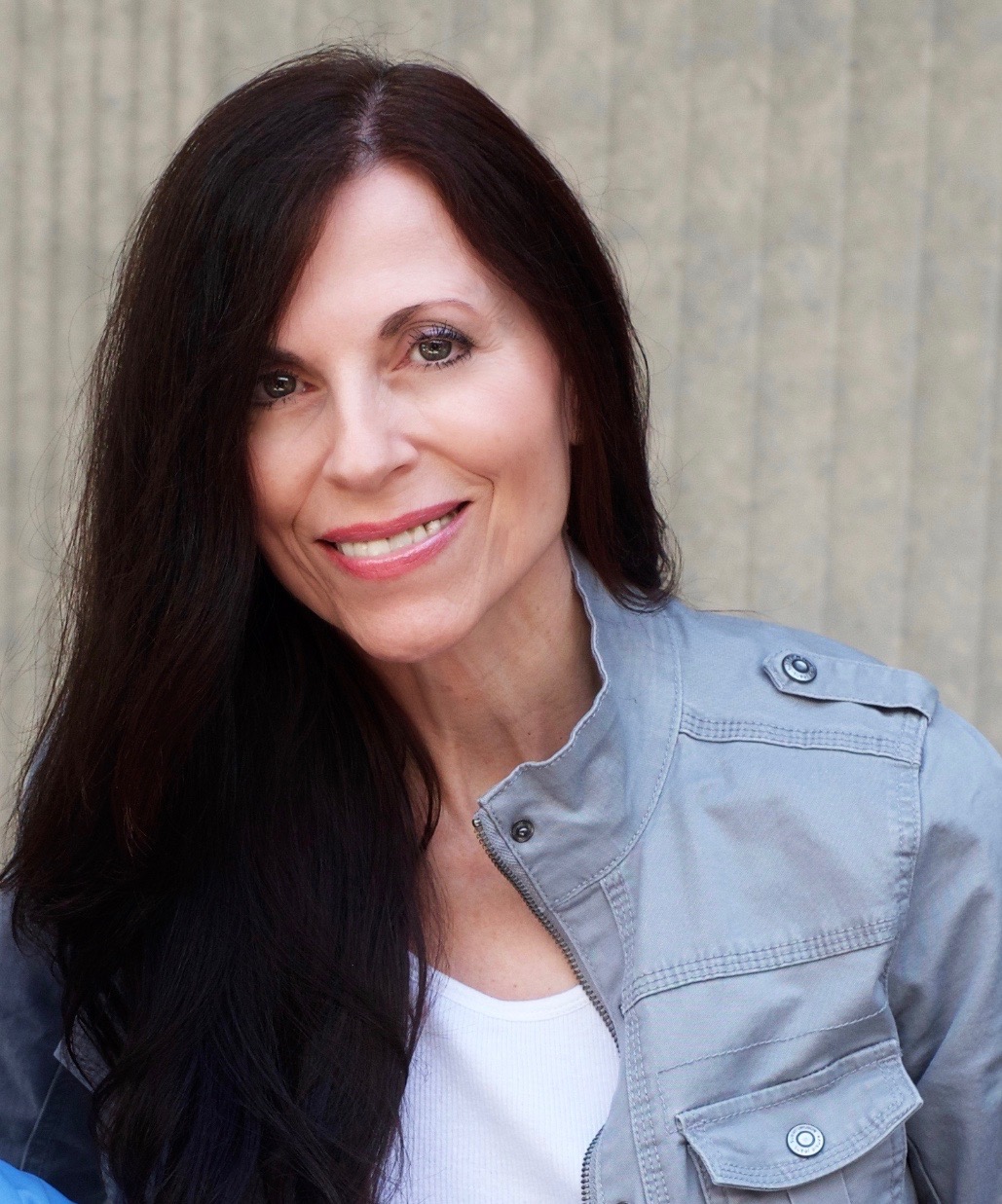As part of our ongoing conversations with currently active industry professionals, Creative Screenwriting Magazine spoke with Tammy Hunt, an executive producer and manager at Citizen Skull Productions (CSP). They develop and produce material for film, television and a range of digital platforms. Look out for their new exciting slates – Citizen Dame and Citizen Kids to complement their already broad production profile.
CSP has described its remit as “genre agnostic”. How has this affected the types of projects you take on?
This broad approached has allowed us to consider anything and everything – without filtering in any way – as far as potential content and the writers which is fantastic for creative reasons. My particular favorite genre is horror/thriller, so I tend to react first to writers that include this in their inquiry. Horror is also one of the most successful across all platforms, no matter the budget level.
The story concept is key, so the more unique the spin the better.
Many producers start their careers as managers before transitioning into production. How has this informed your definition of each of these distinct roles?
I began as a manager and I’m now slowly transitioning alongside my partner Jamie Bradley into producing the content we most want to see as an audience. A perk of this is that we want to help our writer clients get produced and love working with other filmmakers to facilitate that process. What I look for most is content that is compelling enough to gain traction within my industry network of people that I have worked with before so that I have like-minded professionals surrounding me that I can trust and I know can be there with advice and suggestions toward forward movement of a project. It really is true that it takes a village.
How big is your current workload both in terms of the number and types of projects you have in development/ production?
We have a handful of projects that we are in the middle of developing. After the first of the year, we plan on taking out to others in our group to gain access to more creatives and crew. The workload is always 24/7 as we have clients that are actors as well as directors, in addition to writers. So there is always something to drive forward. The key is to always focus on having clients that you believe 100% in because you will be working closely with them and receiving rejection as well as acceptance on their behalf.
Describe your ideal relationship with screenwriters.
We enjoy working with writers that understand how hard it is to get scripts read let alone get produced. We like the back and forth discussions with our writers that help get their scripts in the best polished condition they can be, and with their specific voice which makes it entirely unique to them. Always bring your A game to representation. This means writers need to go through the coverage process with every script before bringing it to us. You want us to read scripts at their absolute best, no spelling errors, no grammar mistakes. If I see either in the first few pages I delete the inquiry. No excuses for that.
What are some things that some writers don’t fully appreciate about your role?
How difficult it is and all of the work it takes to lift their scripts up toward any capacity to facilitate the movement toward getting them into production. They also need to be aware that we are the last defense against executives at studios and networks – so take our advice very seriously. We want you to succeed, because we don’t succeed without your success.
What’s the most unusual/ serendipitous places you’ve sourced writers/ project ideas?
Writers have fortunately queried us that we have taken on so far, but we are always respectful of The Blacklist and festival contenders that have merit in the content that judges have highlighted for us.
Are there any types of writers/stories that are particularly attractive to you?
Unique perspectives on the human condition. Truth, even in fiction, is extremely valuable to a script. We all want to relate to what characters are going through.
How do you categorize the current state of the market in terms of what’s being produced?
What social media is focusing on (current trends) and the blockbuster commercial projects are always at the top of what’s being paid most attention to.
Many writers are encouraged to create pitch decks to market their work. What are the minimum components that should be included?
Pitch decks are nice to see along with a polished script which is top priority. What we don’t appreciate is a deck having priority over a script especially if it has misspellings and grammar issues. A log line, synopsis, and photos/artwork that illustrate the tone and genre of the content, character breakdowns alongside photos of the actors that the writer visualizes as who they see in those roles is also helpful.
Where do you see the most exciting/new opportunities for writers in the current climate?
Screenwriting competitions and festivals are always great opportunities for writers that need attention to what they want to get out to the world.
What are your final nuggets of wisdom for how writers might better manage their careers?
Make a short film from one of your scripts. Enter it into festivals, This is the best way to get your work out and noticed by audiences and filmmakers that need to see what you are about as a storyteller.
